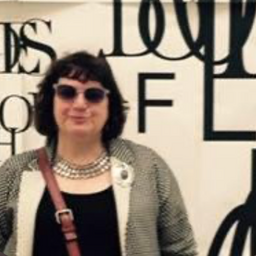Is industrial heritage an agent of gentrification I?
My Session Status
The proposed session will examine the unfolding relationship between industrial heritage and those left behind in adjoining deindustrialized working-class areas. The four papers seek to understand the socio-economic and political impact of recognizing the industrial past in the present. Two guiding questions will be asked. Can industrial heritage support those ‘left behind’ in deindustrialized areas where nothing, or very little, has filled the economic or cultural vacuum? Has industrial heritage served as an agent of gentrification, displacing long-time residents in adjoining neighbourhoods? And, if so, how can we imagine an industrial heritage that works for, rather than against, working people? The session draws together leading scholars from Europe, North America and Australia to consider these foundational political questions.
Sub Sessions
This paper critically assesses the phenomenon of rejuvenated post-industrial and urban spaces through the theoretical lenses of gentrification and the touristic commoditisation of culture. Drawing on fieldwork undertaken in several international urban contexts, including Gamcheon Cultural Village, Busan, Rep. of Korea; la Boca, Buenos Aires, Argentina; Bo-Kaap, Cape Town, South Africa; the Battery, St. Johns, Newfoundland, Canada and Victoria Street, Old Town, Edinburgh, Scotland, it looks at...
With the development of urbanism, cities in China have attached great importance on “Urban Regeneration” of the remained built industrial heritage since 1980s. When it comes to the transformation of land use from the original industrial area to potential living space with new facilities, the oversize non-human scale of industrial heritage is the most urgent issue: the monotonous “super block” mode of factories brings about low efficiency of space ut...
In addition to abandoned industrial complexes, deindustrialization left its working-class neighbourhoods in an identity vacuum. Since deindustrialization, the abandoned industrial complexes played and plays a crucial role in the market-driven development of the city; here conversion of complexes into cultural centres, apartments and offices serves as important factors in creating identity and attractive urban neighbourhoods. In this paper, I will argue for a new role of the working-class neig...
Who's Attending







Discussion